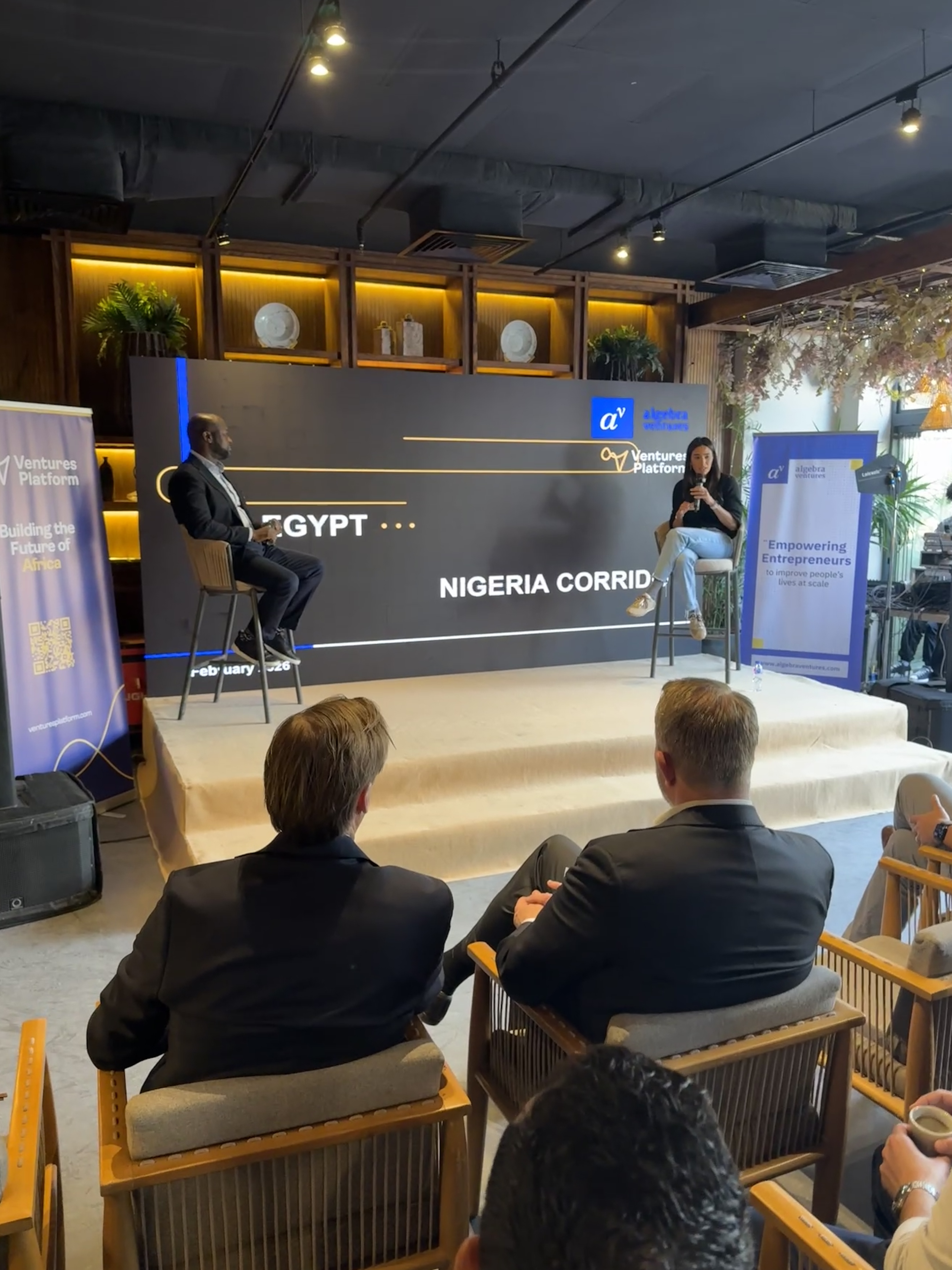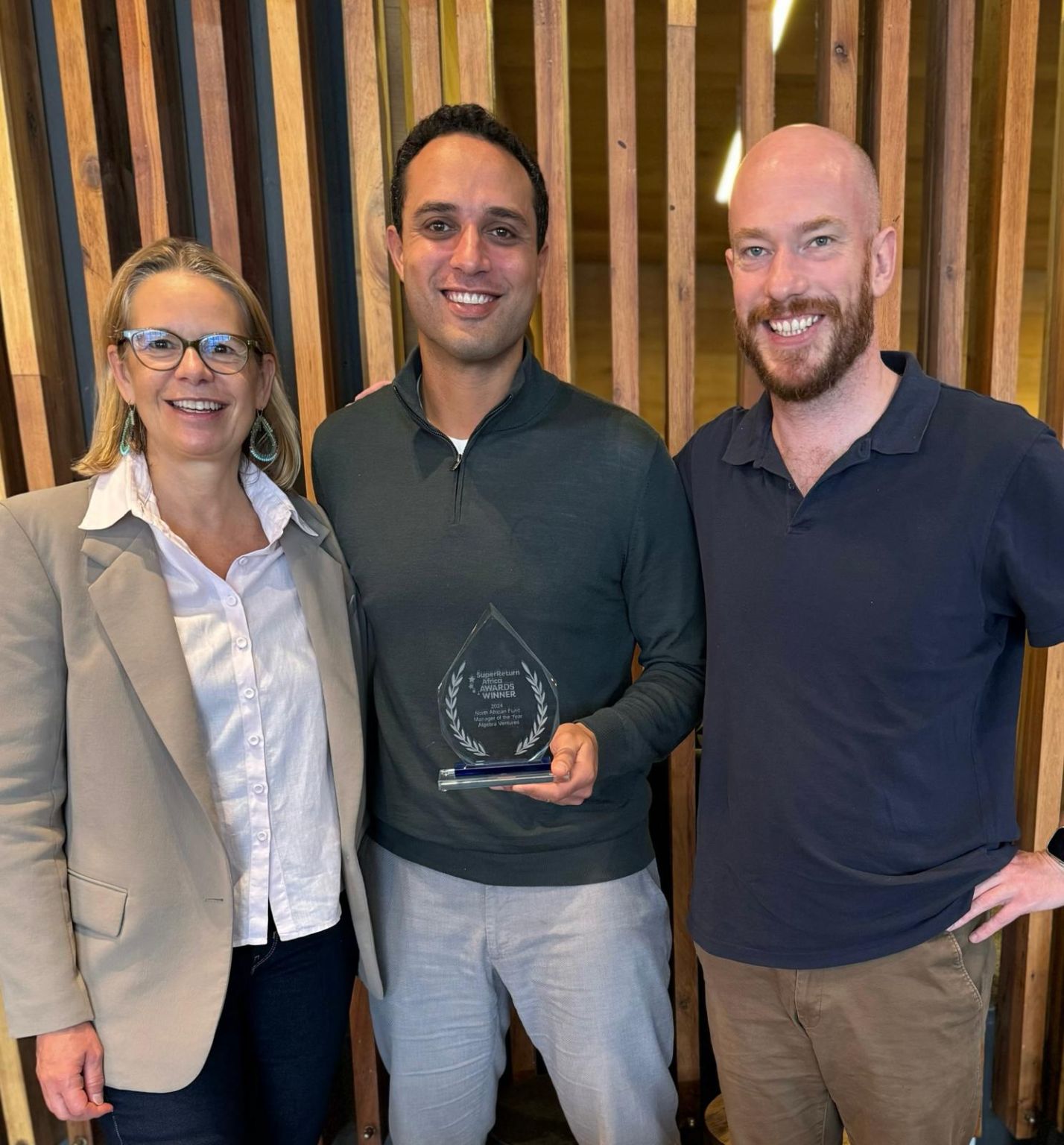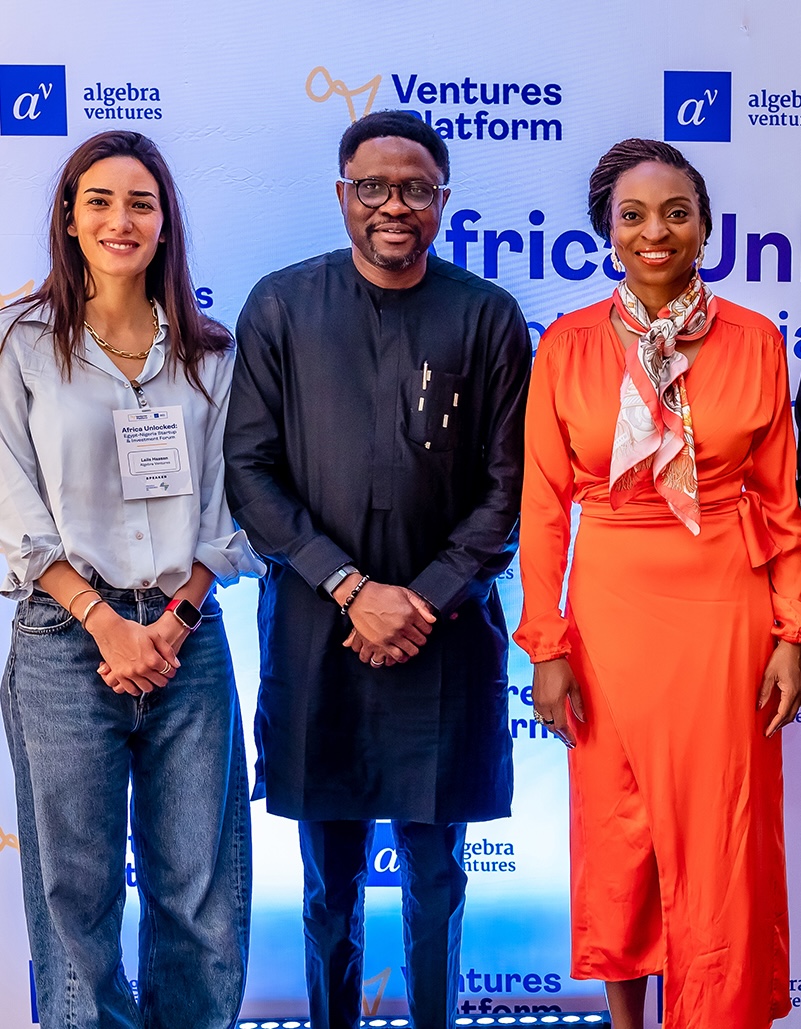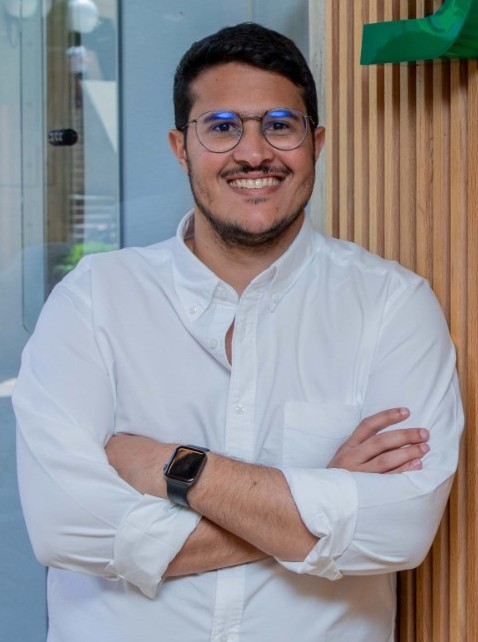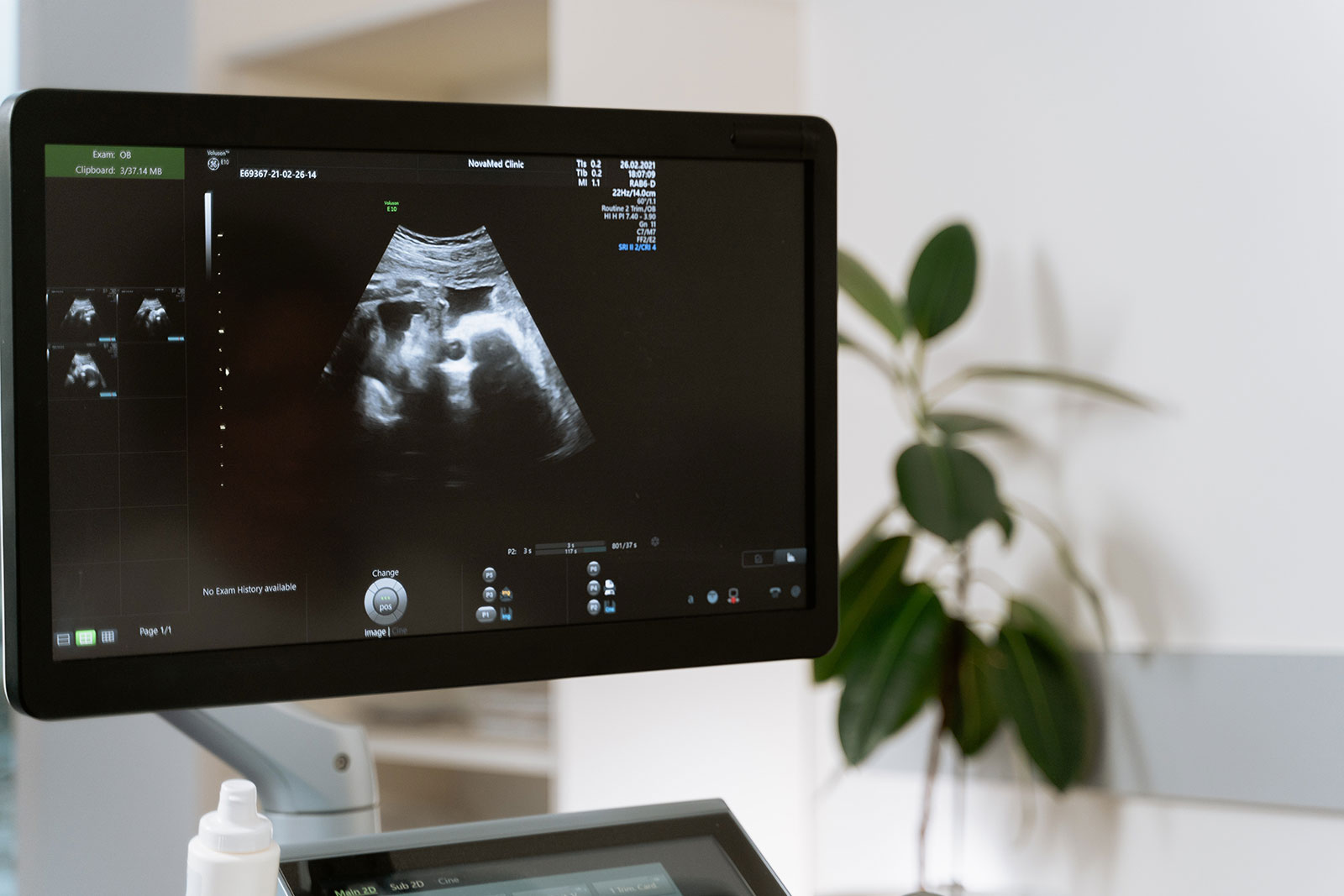
Each year, over 250,000 women die from pregnancy-related causes, with maternal outcomes in Africa being the most severe. Sub-Saharan Africa sees one neonatal death for every 36 births, a rate over nine times higher than that of developed nations (UNICEF). Many of these deaths are preventable through routine fetal ultrasounds, yet 30% of pregnant women globally do not receive a single scan and over 93% in rural Africa are never scanned (UNICEF, Frontiers in Global Women’s Health, National Library of Medicine).
This is not just an emerging market problem. In the United States, 7% of women receive no prenatal care or begin care in the third trimester (CDC National Vital Statistics Reports), US healthcare systems are under growing strain: 72% of U.S. obstetricians report burnout, and the country already faces a shortfall of 9,000 full-time OB-GYNs, projected to triple by 2050 (ACOG, U.S. Health Resources & Services Administration). These challenges contribute to rising delays and gaps in prenatal care.
A well-timed scan can identify life-threatening conditions such as fetal growth restriction (FGR), anatomical anomalies, or preeclampsia, but the global shortage in trained staff and high diagnostic costs leave millions without essential care. There is a clear unmet need for scalable, cost-effective maternal health solutions not only in low-resource settings, but also within the most advanced healthcare systems.
This is an entirely avoidable tragedy, and one that DeepEcho is uniquely equipped to solve.
DeepEcho is an AI medical imaging company that’s transforming the way fetal ultrasounds are performed. Their AI-powered software runs on real-time ultrasound video, guiding users through standardized probe sweeps and automatically generating measurements and diagnostic insights. It mimics the skill of a trained sonographer and dramatically reduces both the time and cost of care.
When we first met Youssef Bouyakhf and Dr. Saad Slimani in 2022, DeepEcho was pre-product and pre-revenue. What stood out wasn’t just their technical roadmap, it was their unrelenting mission, their access to one of the largest annotated fetal ultrasound datasets in the world, and their ability to execute with precision across clinical, regulatory, and AI domains.
We made a conviction bet because we believed in their ability to solve one of the most painful gaps in maternal health.
We first invested in DeepEcho in 2023. Since then, they’ve:
- Received FDA 510(k) clearance, becoming one of the few companies globally, and one of the very few in Africa to obtain regulatory approval for AI-powered fetal ultrasound.
- Recognized by Time and Statista as one of the World’s Top 100 HealthTech companies in 2025.
- Completed clinical studies across multiple countries with clinicians across North America, Europe, and Africa, ensuring clinical rigor and global relevance.
- Launched partnerships with leading ultrasound manufacturers to bring their solution to market-ready devices.
- Expanded distribution across Africa and other emerging regions.
DeepEcho’s platform includes two groundbreaking products: i) Smart-Ruler, which generates accurate fetal measurements from three short ultrasound loops, and ii) BlindSweep, a breakthrough protocol that guides untrained users through several probe sweeps to complete a full scan with no prior experience required. Their platform allows non-specialist users to conduct complex prenatal scans in minutes, without compromising diagnostic quality. DeepEcho’s technology enables routine fetal ultrasounds to be performed in the most underserved geographies in the world with no radiologist required.
At Algebra Ventures, our healthcare investment framework centers around three key pillars: Access, Quality, and Cost.
- Access: DeepEcho opens up ultrasound diagnostics to frontline health workers, even in the absence of radiologists with their product being hardware agnostic.
- Quality: Their AI models deliver consistent, high-accuracy scans, eliminating variability caused by human error or inexperience.
- Cost: By dramatically reducing scan time and training needs, DeepEcho lowers the operational burden on already-stretched systems.
Without a timely ultrasound, complications like fetal growth restriction (FGR), preeclampsia, and placenta previa often go undetected, contributing to preventable maternal and neonatal deaths. DeepEcho’s unique advantage lies in its access to large, annotated ultrasound datasets from clinics across Africa and the U.S. By analyzing this data at scale, the team has been able to correlate specific imaging patterns with life-threatening conditions, enabling earlier and more accurate risk prediction. This data-driven approach turns routine scans into powerful diagnostic tools, especially in low-resource settings where maternal mortality remains high.
This is Algebra Ventures’ first investment in Morocco, co-led with our partners at Al Mada Ventures. It marks a key milestone for our second fund and underscores our belief in Morocco’s growing talent in deep tech and digital health.
A parallel trend reinforces DeepEcho’s strategic timing: the rise of portable and handheld ultrasound devices. These tools like those from Butterfly Network and Clarius, are cheaper, mobile, and smartphone-compatible, enabling imaging at the point of care. But their utility hinges on operator skill. This is where DeepEcho steps in, providing the intelligence layer that turns these devices into powerful, democratized diagnostic tools.
DeepEcho is designed from day one to perform reliably in both advanced and low-resource healthcare settings, expanding access to quality prenatal care. We’re proud to be backing Youssef, Saad, and the entire DeepEcho team as they scale their impact throughout the world.

